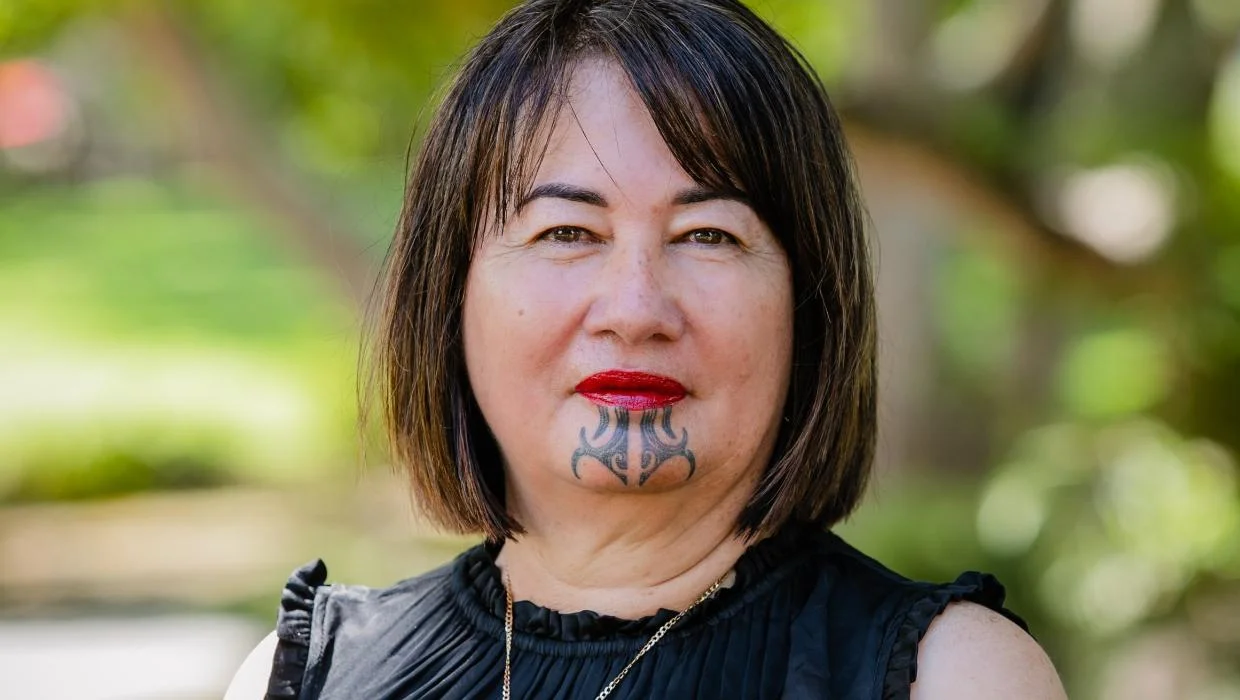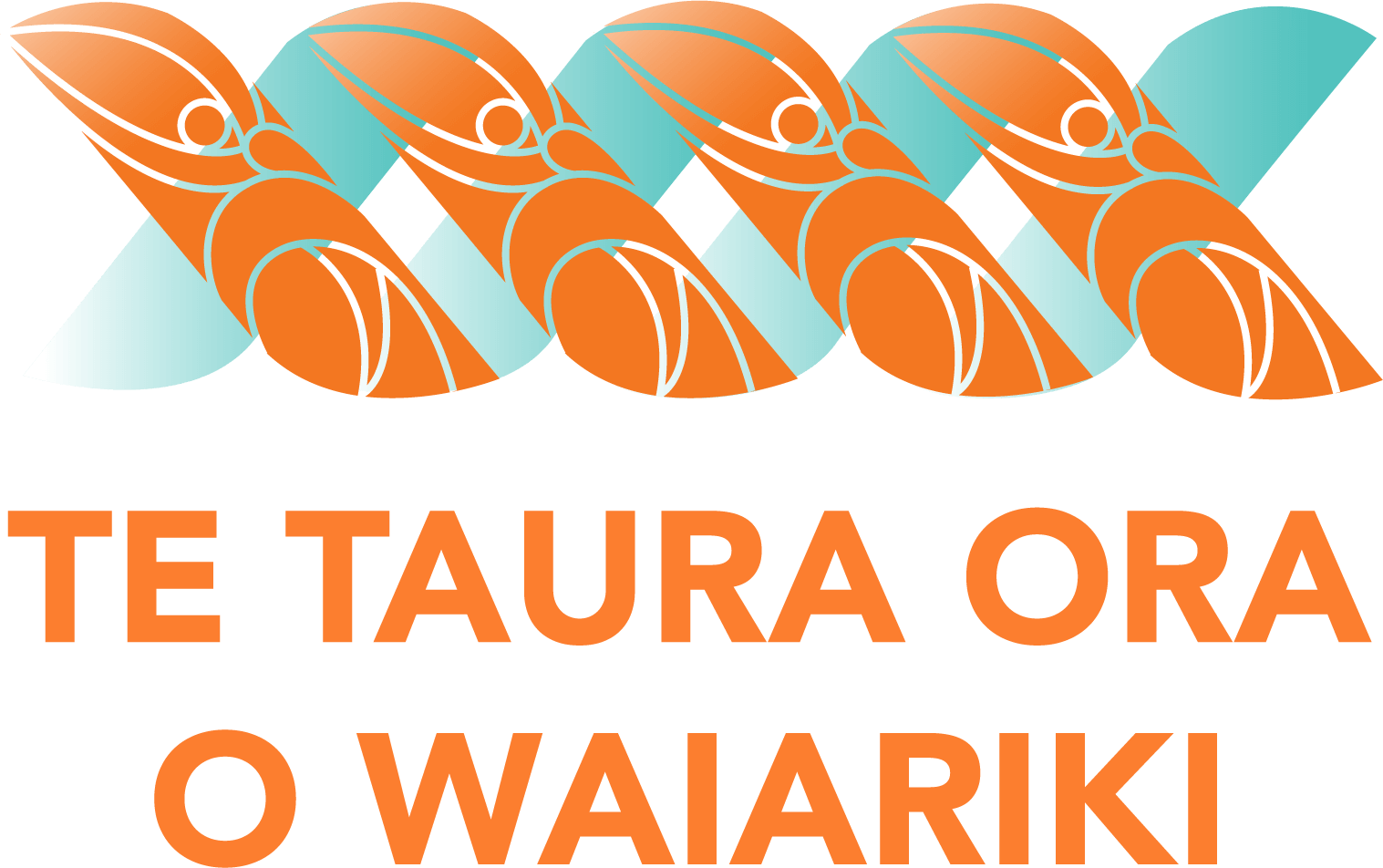We need a significantly scaled-up Māori health workforce

Lauren James is co-chair of Te Taura Ora o Waiariki IMPB, the legislated Iwi Māori Partnership Board for the Rotorua area.
OPINION: It’s clear that our health system is in crisis, and Māori will feel the impact more than other parts of the population.
Māori experience a stark health disparity, with an average lifespan seven years shorter than non-Māori; face a cardiovascular disease death rate twice as high; see their tamariki suffering a mortality rate one-and-a-half times that of non-Māori children; and are disproportionately diagnosed and die from cancer.
The evidence tells us that high need and Māori sit hand in hand in this country. The current status quo doesn’t work for us; quite the contrary, it kills us!
Iwi Māori Partnership Boards (IMPBs) were stood up as part of the government response to Wai 2575 (Waitangi Tribunal Health Services and Outcomes Inquiry) and the Simpson Report (Health and Disability System Review), to address the glaring disparities that Maori faced in health and wellbeing.
Yet while the intent of the Government for these IMPBs and now disestablished Te Aka Whai Ora (Māori Health Authority) was honourable, the execution was poor. The entities’ efforts have been underfunded, under-resourced, and burdened by unrealistic expectations.
The resourcing for IMPBs felt like little more than tokenism at best, and blatant inequity at worst – yet two years since our establishment, and despite a change in government, we remain standing.
Not only are we still here, but against all odds, IMPBs have created Community Health Plans that reflect our most cherished taonga—the voices of our whānau and locality data.
They are boldly advocating for long-term, evergreen contracts to sustain our backbone of Māori health providers, striving to strike a principled balance between the needs of our people and the demands of government. I believe both can be achieved.
We are flexible, agile, and ready to challenge the system, pushing for bold, innovative solutions that prioritise social value over financial gain.
IMPBs are only a small part of the health system, but like all good things that come in tiny packages, we are dynamic, explosive and already punching well above our weight.
We should be encouraged by what our 15 IMPBs have achieved in record time. Minister Reti set a deadline in July for our plans, and most of them have been delivered. Now we wait for the official response.
Currently our Māori health providers’ contracts have been rolled over to June next year only, experiencing their own budget forecasting uncertainty in the context of a billion-dollar deficit in Te Whatu Ora Health New Zealand.
Advocating for greater investment in Māori health providers is critical, especially when it’s claimed that Māori prefer mainstream providers. How can we speak of choice when only 2% of health funding goes to Māori providers, yet the demand by our people is massive? This minimal investment strips people of genuine choice, leaving them with few alternatives in the care they can access.
Some, like our whaikaha (disabled) whānau, are particularly underserved as seen in the evidence filed in Wai 2575. This is due to the way the system allocates contracts to the huge players who dominate procurement, which perpetuates ongoing inequity.
We need a significantly scaled-up Māori health workforce – our doctors, nurses, midwives, lead maternity carers, allied health professionals, non-clinical staff, and even the cleaners – everyone who serves our communities. We need more of them, and we need them now.
What sets IMPBs apart is our accountability to whānau, hapū, iwi, and communities; we serve them first and foremost. Their voices make it clear: we can’t afford to wait for the system to change, especially when whānau pass away while waiting in emergency departments.
This reality shows us that the system is in crisis. As we’re continually reminded of the health system’s financial struggles, let’s not forget that health should never be about profit; it must be about people and whānau. We recognise that we can’t do this alone, but being comfortable to share safe space together and have honest conversations about what we can all do better is a great place to start.
IMPBs across the country are eager to engage in conversations with all branches of government, from health to housing. We understand that health alone cannot deliver the answers to whānau wellbeing. Let us unite to strengthen whānau, hapū, iwi, and communities together.
Original Article posted on the Sunday StarTimes: https://www.thepost.co.nz/wellbeing/350447368/we-need-significantly-scaled-maori-health-workforce
